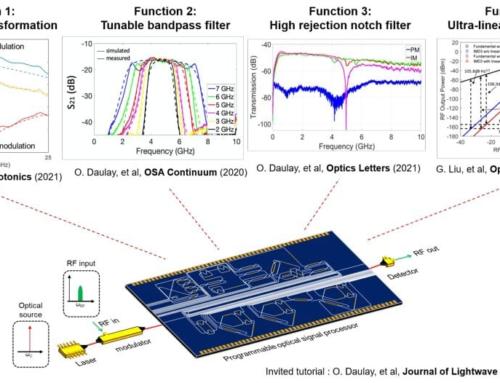Cell C has outlined plans for a turnaround strategy to make the troubled operator viable again.
In a statement released today, the company admitted that it was facing tough challenges as a result of a misguided business strategy, debt brought about by burdening recapitalisation in 2017, poor decision-making, and bad governance.
Cell C CEO Douglas Craigie Stevenson said the strategy is focused on “ensuring operational efficiencies, restructuring our balance sheet, implementing a revised network strategy and improving our overall liquidity”.
Suspension of debt repayments
The operator said improving the company’s liquidity and debt profile will entail a “complicated and delicate restructuring”.
“While a new recapitalisation is being negotiated, there is an informal debt standstill and debt payments have been suspended,” Cell C said.
The company recently announced that it had defaulted on the payment of interest on a R2.7-billion loan, as well as interest and capital repayments related to bilateral loan facilities with Nedbank, China Development Bank, Development Bank of Southern Africa, and the Industrial and Commercial Bank of China.
“Although Cell C’s lenders are entitled to call up the entire debt owed, they have not accelerated debt payments and have held off on taking enforcement action in order to facilitate a commercial solution. The non-payment is not a surprise to lenders that understand the Cell C turnaround strategy,” the company stated.
“In addition to the restructuring of the debt there has been significant investor interest which validates that there is indeed value in the business,” Stevenson said.
He said this value includes its almost 16 million subscribers, 240 stores, and a strong brand that has been recognised as one of the top 30 valuable brands in the country.
Operational adjustments
“The company has taken active steps to reduce its focus on pure revenue and subscriber growth to focus on profitable, long-term growth,” Cell C said.
The operational changes include the following:
- A cost-efficiency programme across all expense lines in the organisation – The run rate was over R864-million at the time of the interim results (September 2019), the additional savings will be reflected in the upcoming results.
- Rebalancing traffic and retail products – Cell C removed non-profitable products and increased its focus on retail product pricing and wholesale pricing.
- Shifting service revenue back to growth – this will be achieved through a more focused approach on profitable products and re-energising distribution channels.
- A new leadership team with the key appointments of a new CEO, CFO, Chief HR Officer, and Chief Legal Officer.
- Appointment of non-executive, independent directors to the Board to bolster governance, improve diversity and transformation.
- A hiring freeze.
- Progress in stabilising labour relations.
MTN Roaming Agreement
Cell’s renewed roaming agreement with MTN is part of its revised network strategy.
“Networks will be a utility in the future with one or two mobile infrastructure providers per country and it does not make economic sense to overbuild on basic infrastructure,” Cell said.
The operator said the extended roaming agreement will enable Cell C to manage its network capacity requirements in a more scalable and cost-efficient manner and give it access to current and future technologies.
Cell C said the positive influence of the above-mentioned initiatives will be evident when the company releases its financial results in the coming weeks.
“The company is in a far better shape operationally and by fixing the base, the business can go on to build and innovate which will create additional value,” Cell C said.



